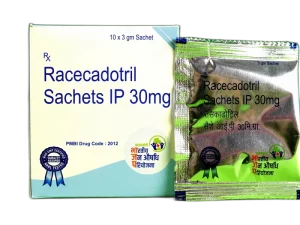◉Swallow the tablets/capsule whole, do not crush or chew
Follow your doctor’s instructions for adjusting your dose.
Composition of Drug
◉This drug contain Bacillus mesentericus 2 ms+ clostridium butyricum 4ms +lactobacillus sporogenes 100 ms+ streptococcus faecalis 60 ms.
How does the Drug work
◉The combination you mentioned consists of four different bacterial strains: Bacillus mesentericus, Clostridium butyricum, Lactobacillus sporogenes, and Streptococcus faecalis. Each of these strains has unique characteristics and potential benefits when used together or individually.$$Bacillus mesentericus: This bacterium is a spore-forming species that can survive harsh environmental conditions. It has been used in various applications, including probiotics, agriculture, and food fermentation. In the context of probiotics, it is believed to support gut health and improve digestion.$$Clostridium butyricum: This is another spore-forming bacterium that produces butyric acid, a short-chain fatty acid. Butyric acid is beneficial for the gut lining as it supports the growth and maintenance of intestinal cells. Additionally, Clostridium butyricum has been used to treat gastrointestinal disorders.
◉ Lactobacillus sporogenes: This bacterium is also known as Bacillus coagulans. Like the other strains mentioned, it is spore-forming, ensuring its survival through the digestive tract. Lactobacillus sporogenes is commonly used in probiotics to support digestive health and balance gut flora.
◉ Streptococcus faecalis: This bacterium is a normal inhabitant of the human gut and is considered part of the commensal flora. In probiotic formulations, it is believed to contribute to gut health and balance the gut microbiota.
◉ When these bacterial strains are combined in a probiotic formulation, they may work together to promote a healthy gut environment. The spore-forming characteristics of Bacillus mesentericus, Clostridium butyricum, and Lactobacillus sporogenes allow them to survive the acidic conditions of the stomach and reach the intestines, where they can potentially colonize and exert their beneficial effects.
◉ Lactobacillus sporogenes and Streptococcus faecalis are lactic acid-producing bacteria, which means they can help create a slightly acidic environment in the gut. This acidity can inhibit the growth of harmful bacteria while promoting the growth of beneficial microbes.
◉ It’s important to note that the efficacy and safety of any probiotic formulation depend on various factors, including the specific strains used, the dosage, the individual’s health condition, and the overall composition of the gut microbiota. Therefore, it’s always advisable to consult with a healthcare professional before starting any new probiotic supplement to ensure it is appropriate for your specific needs.

